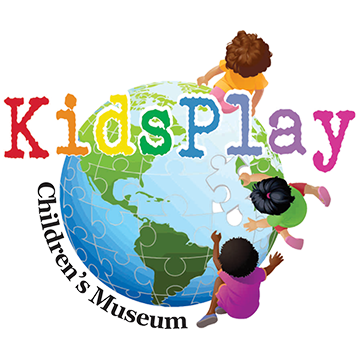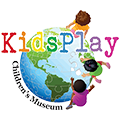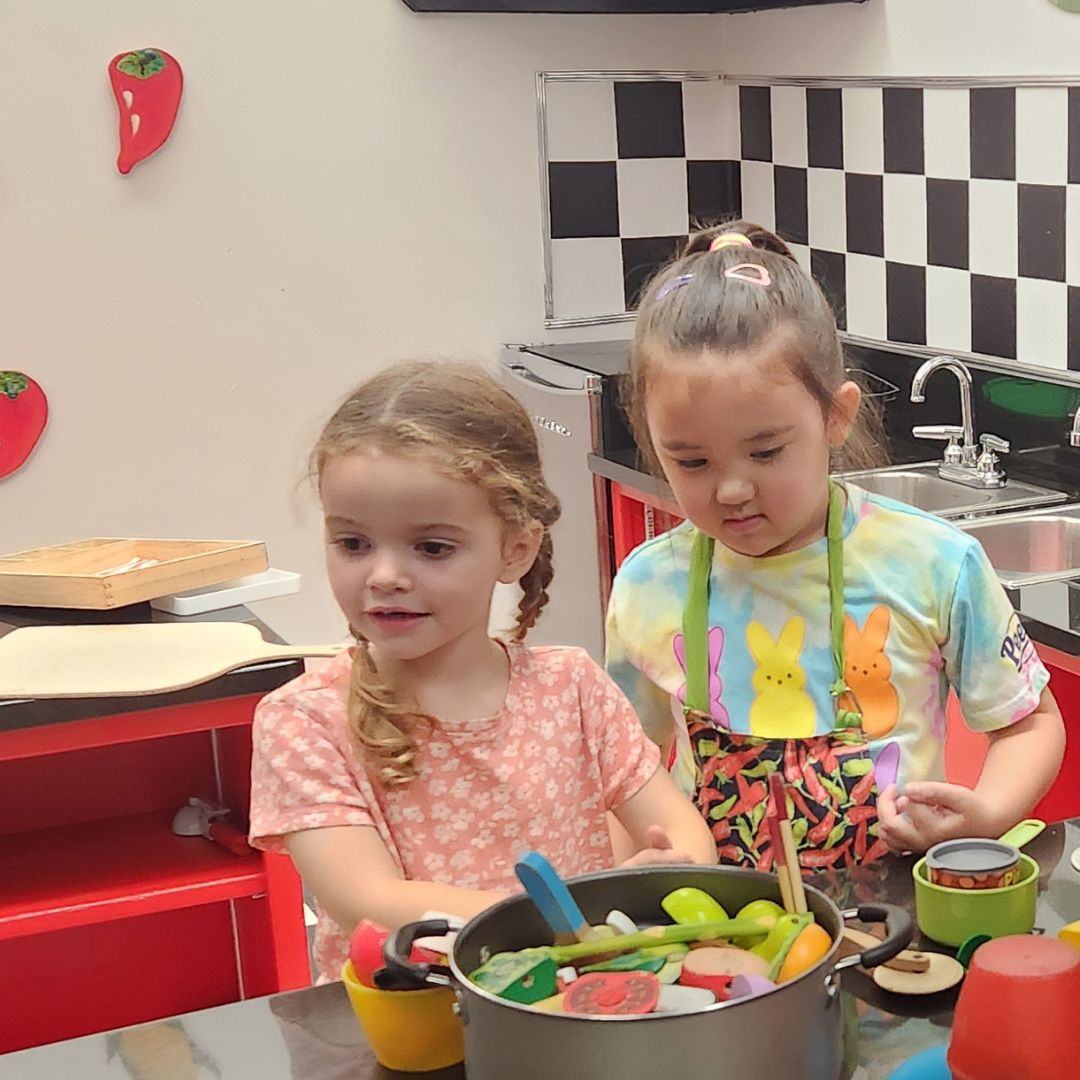Fun and Games: How Play Can Support Executive Functioning
Play is important to building lots of different skills – and executive functioning is one of them! But how do the games and activities you do with your child actually help them to build the executive function they need to take on new challenges at school, at home, and beyond?
What Is Executive Function, Anyway?
Executive function is complex, and like many things about the brain and human behavior, we continue to learn how important it is. According to a recent article from the National Association for the Education of Young Children (NAEYC), executive function can be described as being comprised of three skills:
- Working memory (being able to remember information and update that information over short periods of time)
- Inhibitory control (being able to stop yourself from doing something)
- Cognitive flexibility (being able to switch between mental tasks and think about different things)
These skills are important to tasks like:
- staying safe and following instructions in an exciting, busy public place (like a grocery store or out on a walk).
- being able to do schoolwork in the classroom.
- using past experiences and problem solving to plan successful future projects.
Every Child is Different
Executive function involves different skills. Those skills may develop at different rates for different children. Factors like educational opportunities, family environment, and your child’s own unique disposition can impact how quickly each skill develops. Neurodivergent children may also have additional differences in the development of their executive functioning.
How You Can Support Your Child’s Executive Functioning
Purposeful play is a great way to work with your child on important executive functioning skills. Here are some ideas to get you started!
- Use your imagination. Imaginative play (or pretend play) may feel chaotic and unstructured (especially to a tired parent). Despite this, it builds skills like taking turns, sharing, and negotiating different roles. These can help your child to develop inhibitory control.
- Mix it up. New games and games where rules can change and develop (like Simon Says) can improve your child’s working memory as they learn and update the rules of the game.
- Get active! Physically active games can be a great way to get the wiggles out – and they can really help your child develop their cognitive flexibility. They can also help grow the ability to focus on more than one thing at a time as children both move their bodies and think about the game.
- Part of play is putting away. Cleaning up after play is a great opportunity to practice cognitive flexibility (by switching from play to cleaning tasks), working memory (sorting objects and putting them away), and classifying and labeling.
Executive function is one of many important skills that begin to grow in early childhood. Although the development of these skills can be unpredictable, time spent in purposeful play can help to give your child the tools they need to navigate challenges, make decisions, and adapt to new situations with confidence and resilience.


